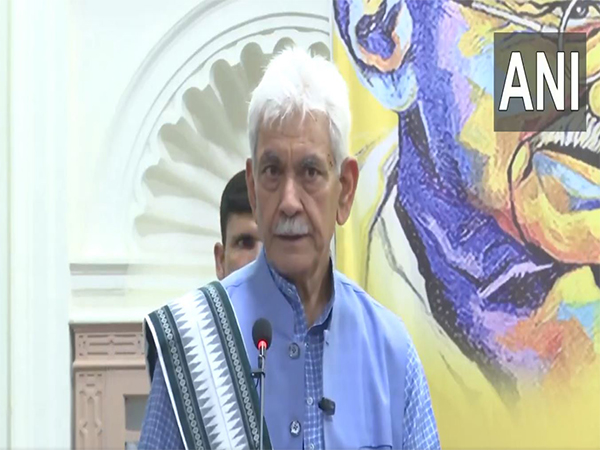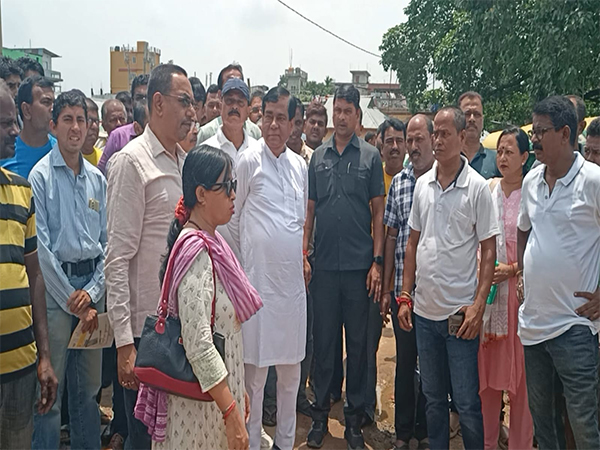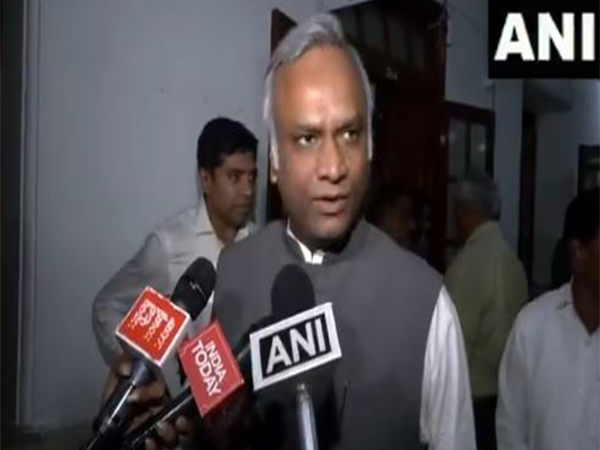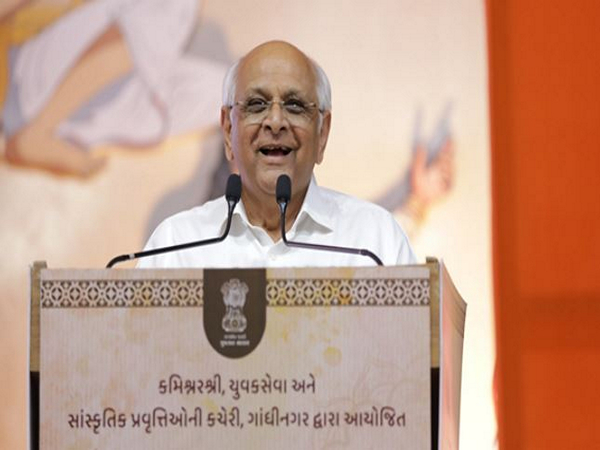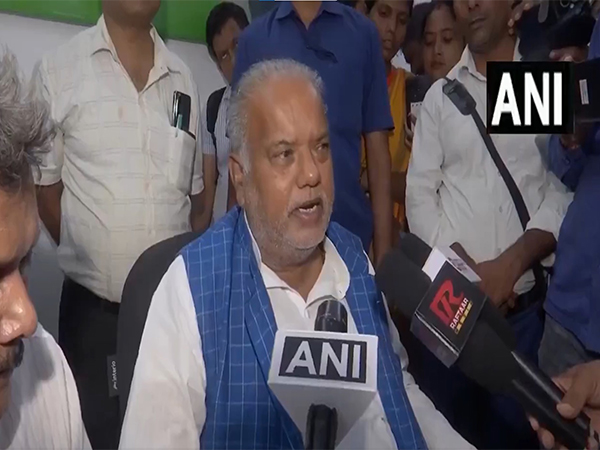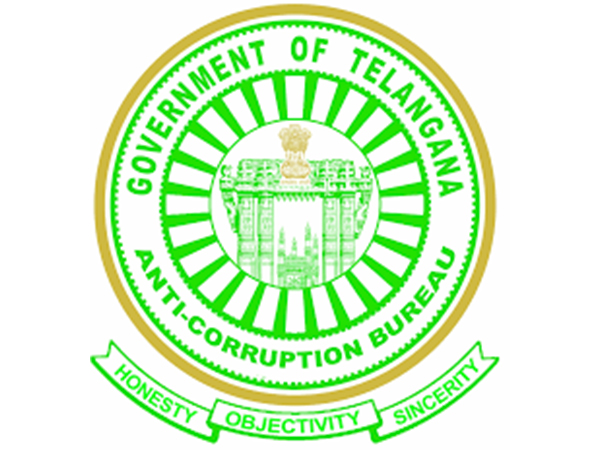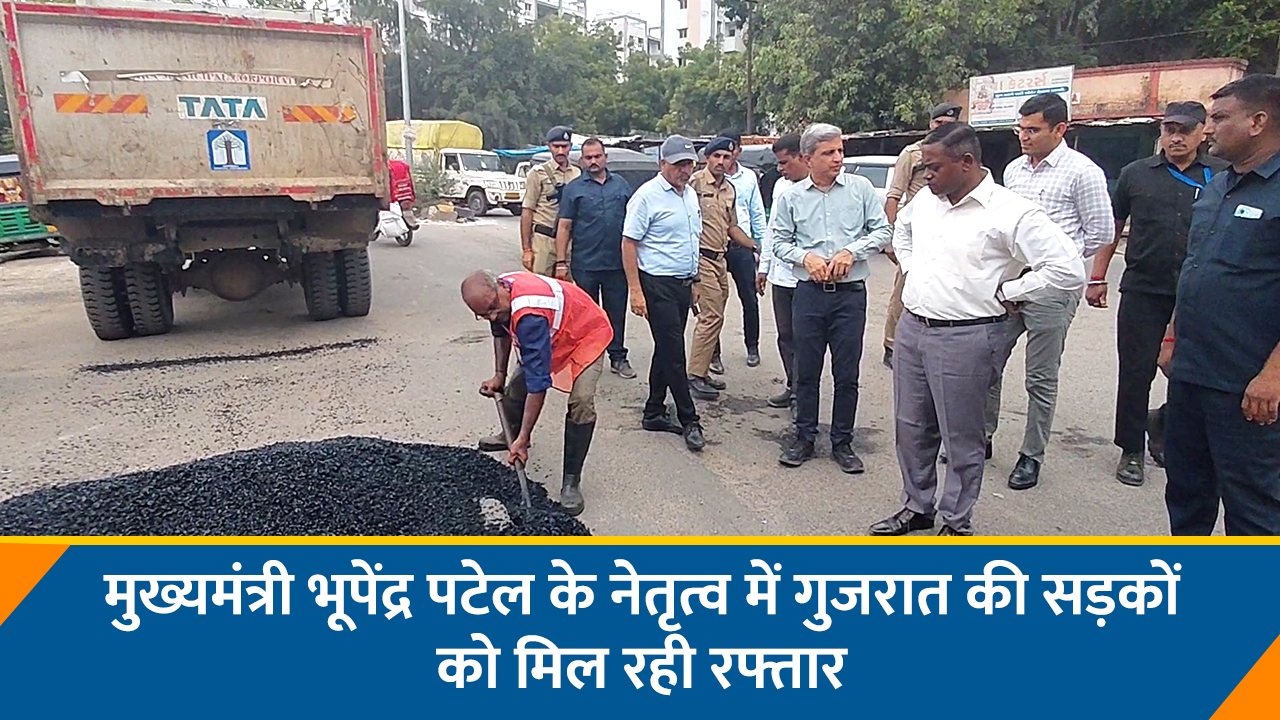
Cabinet approves Prime Minister Dhan-Dhaanya Krishi Yojana; PM Modi says it will boost crop production, income of farmers
Jul 16, 2025
New Delhi [India], July 16 : In a significant decision, the Union Cabinet on Wednesday approved 'Prime Minister Dhan-Dhaanya Krishi Yojana' for a period of six years, beginning with 2025-26, to cover 100 districts.
Briefing reporters after the cabinet meeting, Information and Broadcasting Minister Ashwini Vaishnaw said Prime Minister Dhan-Dhaanya Krishi Yojana draws inspiration from NITI Aayog's Aspirational District Programme and is the first of its kind, focusing exclusively on agriculture and allied sectors.
He said the scheme will be implemented through convergence of 36 existing schemes across 11 departments, other state schemes and local partnerships with the private sector.
The scheme aims to enhance agricultural productivity, increase adoption of crop diversification and sustainable agricultural practices, augment post-harvest storage at the panchayat and block levels, improve irrigation facilities and facilitate availability of long-term and short-term credit.
It is in pursuance of Budget announcement for 2025-26 to develop 100 districts under 'Prime Minister Dhan-Dhaanya Krishi Yojana'.
Prime Minister Narendra Modi said in a post on X later that his government is committed to bring a significant change in the lives of our farmer brothers and sisters.
"In this direction, the Prime Minister Dhan-Dhanya Agriculture Scheme has been approved today. This will not only increase crop production in the districts that have been lagging in the agricultural sector but also boost the income of our food providers," he said.
An official release said that 100 districts will be identified based on three key indicators of low productivity, low cropping intensity, and less credit disbursement. The number of districts in each state/UT will be based on the share of Net Cropped Area and operational holdings. However, a minimum of 1 district will be selected from each state.
Committees will be formed at the District, State and National levels for effective planning, implementation and monitoring of the Scheme.
A District Agriculture and Allied Activities Plan will be finalised by the District Dhan Dhaanya Samiti, which will also have progressive farmers as members. The District Plans will be aligned to the national goals of crop diversification, conservation of water and soil health, self-sufficiency in agriculture and allied sectors, as well as expansion of natural and organic farming. Progress of the Scheme in each Dhan-Dhaanya district will be monitored on 117 key Performance Indicators through a dashboard on monthly basis.
NITI will also review and guide the district plans. Besides Central Nodal Officers appointed for each district will also review the scheme on a regular basis.
As the targeted outcomes in these 100 districts will improve, the overall average against key performance indicators will rise for the country.
The scheme will result in higher productivity, value addition in agriculture and allied sector, local livelihood creation and hence increase domestic production and achieving self-reliance (Atmanirbhar Bharat). As the indicators of these 100 districts improve, the national indicators will automatically show an upward trajectory, the release said.
Welcoming the decision, Agriculture Minister Shivraj Singh Chouhan said the districts with low agricultural productivity or limited utilization of Agri Credit Cards (ACC) by farmers will be identified.
In these areas, the government will work to ensure the comprehensive implementation of schemes from 11 different departments through convergence.
This will include not only central schemes but also those from state governments, along with contributions from any other willing partners. Approximately 100 such districts will be selected, with at least one district from every state.
Preparatory work is already underway. A nodal officer will be appointed for each district, and both the districts and their nodal officers will be finalized by the end of July. Training sessions will commence in August, accompanied by efforts to raise public awareness, he told the media.
The Union Minister said that foodgrain production has increased by more than 40%, and the production of fruits, milk, and vegetables has also seen historic growth. However, significant disparities in productivity continue to remain between states, even between districts within the same state.
Chouhan mentioned that NITI Aayog will be tasked with tracking district-level progress based on certain indicators.
It will also create a dashboard to monitor the progress. The campaign will begin with the Rabi season in October. A district-level committee, led by the Gram Panchayat or District Collector, will be formed, which will include departmental officers, progressive farmers, and others who will collectively take decisions. Similar teams will be formed at the state level, with the responsibility of ensuring effective convergence of schemes in districts. At the central level, two teams will be formed -- one under Union ministers and another under Secretaries with officers from various departments. The scheme will operate across multiple sectors.
Chouhan emphasized that the overall goal is to improve productivity in low-yield districts -- not just to reach the national average, but to also achieve top productivity levels. In addition to crops, focus will also be given to fruit cultivation, fisheries, beekeeping, animal husbandry, and agroforestry.
